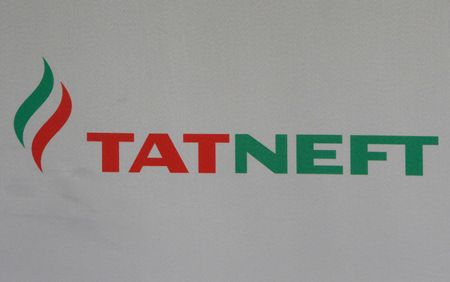By Amanda Ferguson
BELFAST (Reuters) – Northern Ireland faces a “brighter future” with the restoration of devolved government after two years of deadlock, Britain’s Prime Minister Rishi Sunak said on a visit to Belfast on Sunday.
Sinn Fein’s Michelle O’Neill was appointed first minister on Saturday, a first for an Irish nationalist in a historical milestone for the British region.
Sunak’s government brokered a deal with the pro-British Democratic Unionist Party (DUP) to allow the return of power sharing by easing post-Brexit trade frictions.
“In the last few days we’ve made significant progress towards a brighter future for people here,” Sunak told broadcasters.
“Everyone has worked really hard to bring this moment about, everyone is committed to making it work and delivering for people in Northern Ireland who had been without their devolved government for far too long,” he said.
Power sharing government in the region was a key part of a 1998 peace deal that ended decades of political and sectarian violence.
Sinn Fein is the former political wing of the Irish Republican Army (IRA), which campaigns on both sides of the Irish border for an end to British rule in Northern Ireland and the creation of a united Ireland.
O’Neill told Sky News on Sunday that it was a “decade of opportunity” for Northern Ireland.
“We can have power-sharing, we can make it stable, we can work together every day in terms of public services, and whilst we also pursue our equally legitimate aspirations,” she said.
Sunak, however, said the focus should be on public service.
“Everyone is committed to the Belfast Good Friday agreement, but I think everyone also agrees that now is the time to focus on delivering on the day-to-day issues that matter to people, to families, to businesses in Northern Ireland.”
Sunak is due to meet O’Neill and the Deputy First Minister, the DUP’s Emma Little-Pengally, on Monday, according to his office.
Under the power-sharing agreement, the post of deputy has equal power but less symbolic weight than the First Minister.
(Writing by Paul Sandle; Editing by Sharon Singleton)












